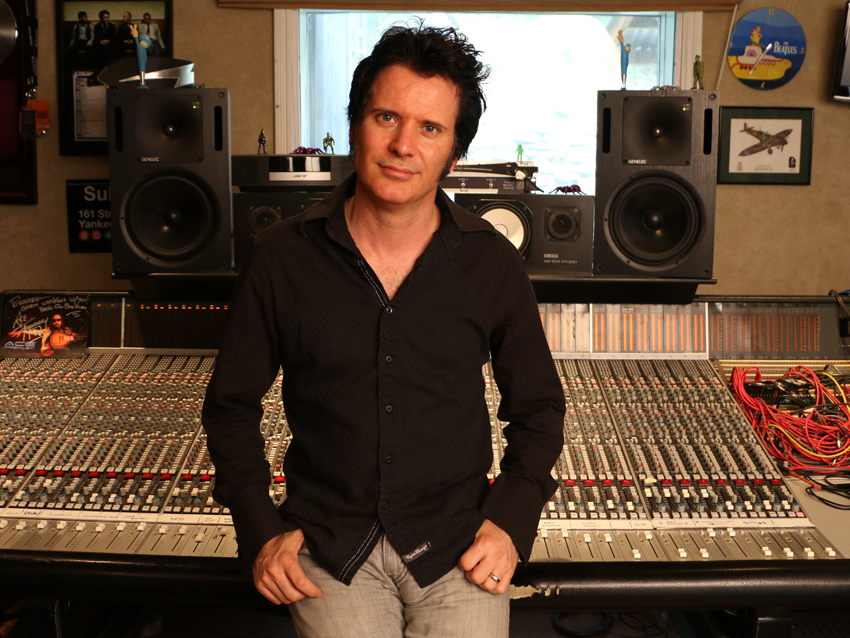
Warren Huart's top 5 tips for producers
Whether he’s recording Aerosmith or producing a gang of young hopefuls, Warren Huart’s studio philosophy resembles the Hippocratic Oath promise to "do no harm." Or, as the celebrated producer, engineer and mixer puts it, "Don't screw things up."
Expanding on this notion, Huart says, “There are so many ways to mess up a record, and as a producer, I always felt that the biggest part of my job was to not screw it up. A band or artist might get one chance to make a record. Their career could be on the line with the recording you're helping them make, so you've got to take it as seriously as they are."
In addition to working with artists such as The Fray, James Blunt, Ace Frehley and Marc Broussard, among others, Huart also co-owns one of Hollywood's top-flight recording/rehearsal facilities, Swing House Studios, and is the sole owner-operator of Spitfire Studios in Laurel Canyon. Both rooms house drool-worthy collections of new and vintage gear, but Huart espouses a decidedly non-geek view of equipment.
“Toys are nice, but they're only there to serve the vision, not dominate it," he says. "There are a lot of producers who are essentially technicians. They know how to run Pro Tools, but they don’t have the kind of curiosity you need to work with artists. Artists are storytellers, and if you want to help them tell their stories, you need to be interested in every part of the process, with that end result in mind: ‘What are you trying to say? What do you want people to feel when they listen to this song?’ These are the things you should ask an artist."
Huart cites The Beatles' Rubber Soul and Revolver as his creative benchmarks. "Those are two records where everything was right," he raves. "You had brilliant songs married to brilliant production. And let's face it: All the incredible production tricks in the world won't matter if the songs aren't great. As a producer, you need to help coax the artist to come up with their best work. That'll make your job a lot easier."
And part of Huart's job requires him to give artists a long leash when the muse strikes. He recalls the mixing of Aerosmith's most recent album, Songs From Another Dimension: "Steven Tyler sat in with me during the mixes. He would pick out certain words in a song and say, ‘Turn that up.’ So I’d turn it up a little, and he’d say, ‘No, turn it up so it’s the loudest thing in the mix.’ I would say, ‘You’re crazy,’ but then I’d listen back, and sure enough, he’d be right." He laughs, then says, "You have to trust artists, even when you can’t see what they’re doing at the time. Time after time, they're on to something."
On the following pages, Huart runs down his top five tips for producers.
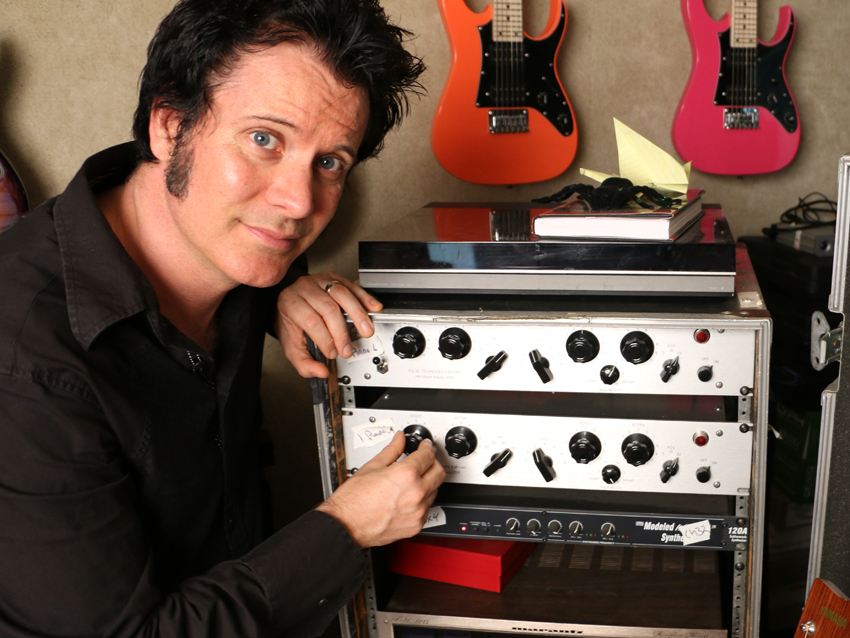
It's not about you - it's about the artist
“Quite often, producers forget that our job is to facilitate a great recording for the artist. We have to make the artist comfortable. We have to understand their vision, and then we have to help them realize that vision.
“Artists can have seemingly crazy ideas about their music, and some producers feel as though they have to quell those impulses and turn them into something more normal or acceptable. I’ve learned so much by just letting artists try things out. Sure, sometimes the wild ideas are bad, but you'll never really know unless you give them a shot. That's just common sense. What you think won’t work can sometimes work beautifully if you learn to indulge the artist.”
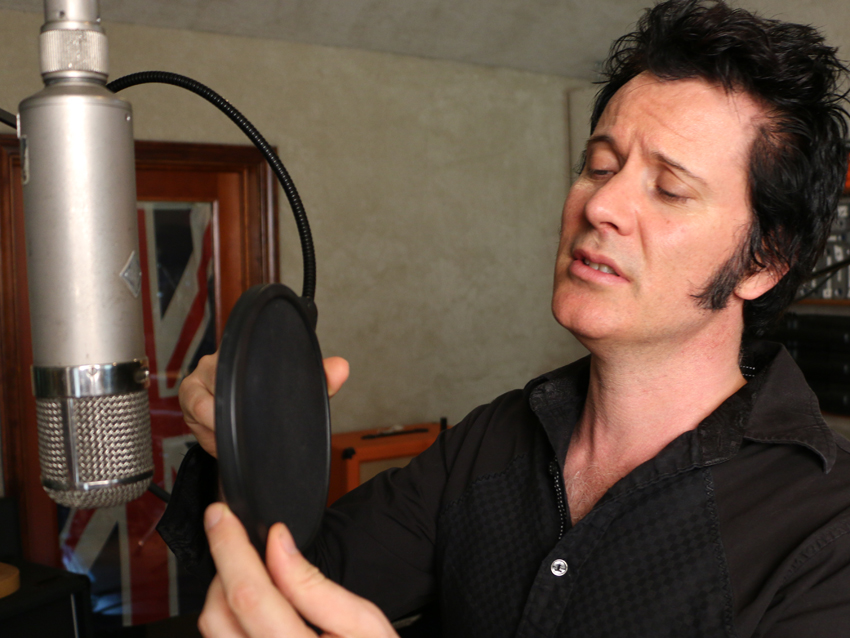
Keep the singer comfortable
“You’re not going to have a good recording with a bad vocal – you’re just not. And in order to have a great vocal performance, the singer has to feel comfortable. I’ve found one of the best tools for working with singers is distraction.
“Producers and engineers are recording vocals every day, but for the majority of singers, they’re in a studio singing once or twice a year; it’s not an everyday thing for them. Even successful singers might have only had a handful of weeks per year where they’re doing vocals in a studio. And when they get behind that mic, they’ll be nervous and they’ll overthink what they’re doing.
“Distraction is key. Make light of things. Ease the singer into it. Once the singer is finding his or her way around the song, then you can start guiding. There’s nothing worse than telling a singer what to do before they’ve even found their way in a song. The same is true of working with any musician. I learned that pretty early on.”
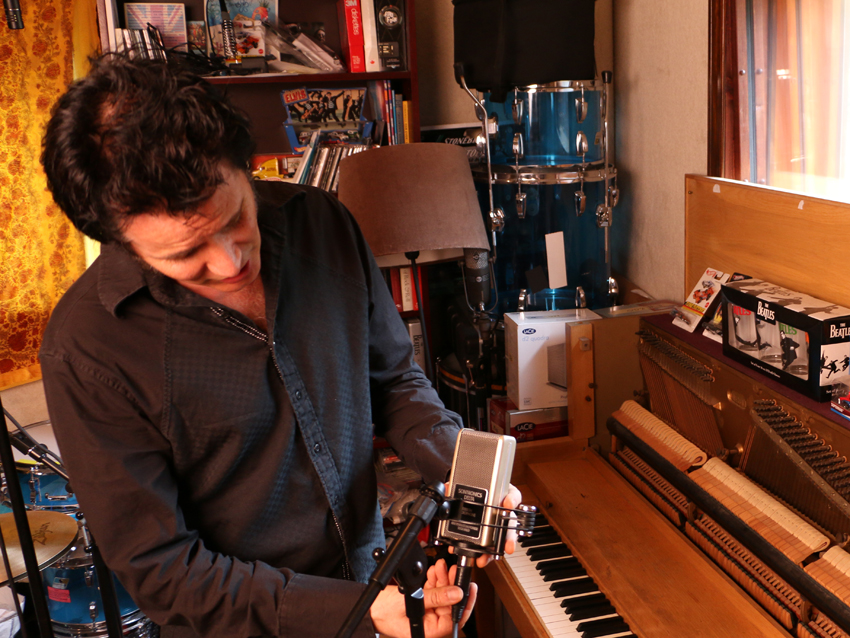
The song is king
“You’re nothing without great songs. When you make a record, you have to believe that the songs you’re recording are utterly fantastic. If you’re a producer and you’re actually able to influence the choice of material – let’s say you haven’t just been handed 10 songs to record – you should treat this part of your role very seriously.
“Recording a great vocal take, getting a killer guitar or bass sound, miking the drums a certain way – these are important too, but they won’t matter in the slightest if the material isn’t fantastic. You can throw all of those great sounds right out the window if they’re in service to crap material.
“There are guys who will just take your money and record you, but they’re not doing anybody any favors if the work is just so-so. It’s always a producer’s responsibility to help the artist do great work, and that starts with the songs. Before you get into pre-production, you have to be pretty sure that the material is top-notch.”
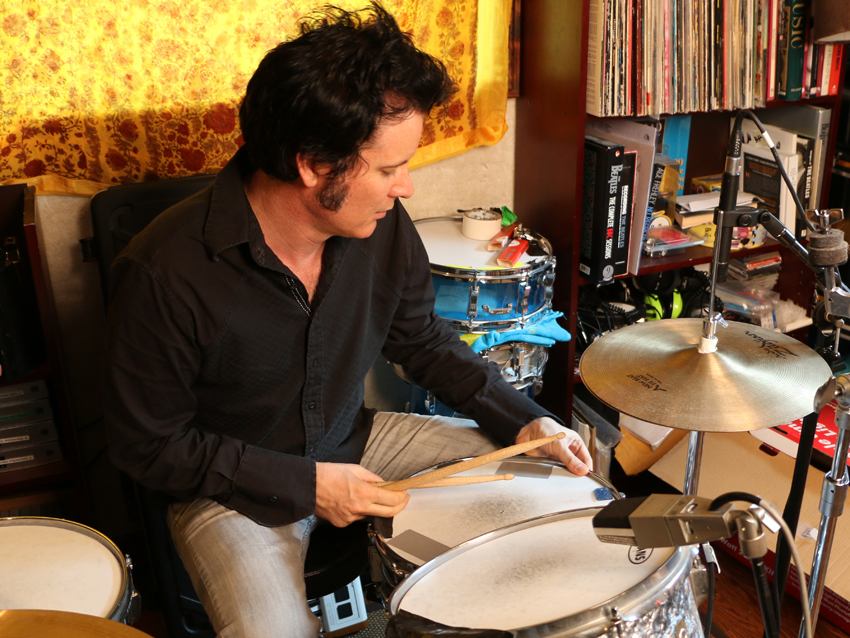
Pre-production can make a great record
“This is as important as the material, I feel. Depending on where the band is based, I tend to split my pre-production up. I’ll exchange e-mails and do a few conferences calls with band members. That’s when I’ll give them notes on the songs.
“Most bands respond very well to suggestions – they’ll go back in the rehearsal room and work some things out. There might be some rewriting. I find that when I’m blunt and honest, I’ll get the best results. I’d rather tell an artist, ‘Your verse is amazing, but you need to rewrite the chorus’ than just go, ‘Yeah, we can tweak it.’ I don’t need to try to make the band like me by bullshitting them. The band is hiring you as a producer; they don’t need another friend.”
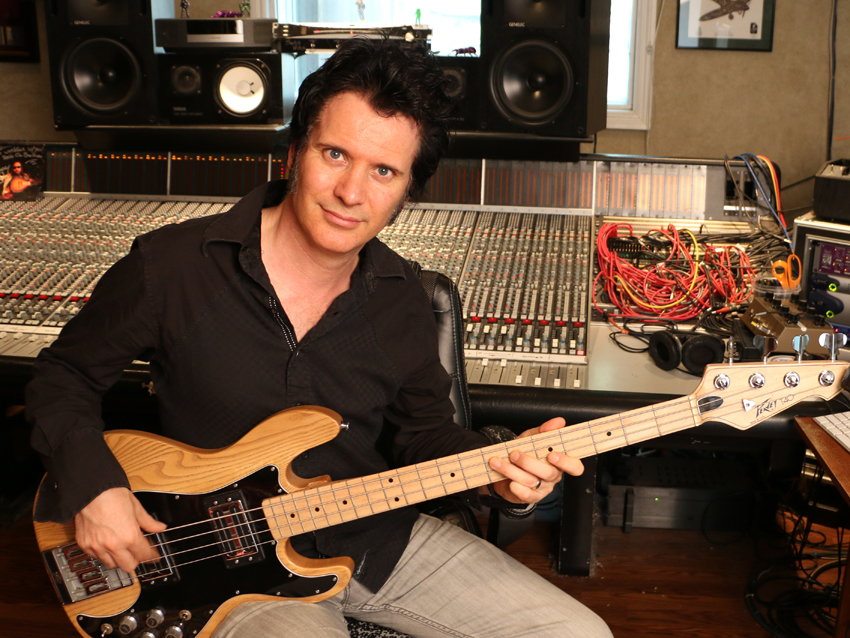
Know when to get out of the way
“Sometimes you have to rewrite the songs, and other times you just have to get out of the way and help the band make a great recording. These are words of wisdom given to me by Dave Jerden back in the ‘80s, when I was a musician working for him. Basically, you have to prepare yourself for either approach to record making, and you have to know when to deploy one versus the other.
“This is one of the biggest skills that I see most quote-unquote producers lacking. They have a certain way of doing things, and they become rather inflexible. You have to work on your skill set so that it’s greater than just your technical ability. The technical ability is a very small part of it compared to being able to get in there and rewrite the songs, if necessary. Or, more importantly, you might have to stop your way of doing things and just help them make a great recording.
“Some bands don’t need to be shaped or molded. Sometimes you just have to capture what they do – they’re perfect as they are. As a producer, you need to learn to adapt. You shouldn’t have only one way of working. Similarly, bands shouldn’t choose a producer for only one thing that they do, one sound they get or whatever. That doesn’t show any depth. Being an artist – and being a good producer – requires vision and flexibility.”
Joe is a freelance journalist who has, over the past few decades, interviewed hundreds of guitarists for Guitar World, Guitar Player, MusicRadar and Classic Rock. He is also a former editor of Guitar World, contributing writer for Guitar Aficionado and VP of A&R for Island Records. He’s an enthusiastic guitarist, but he’s nowhere near the likes of the people he interviews. Surprisingly, his skills are more suited to the drums. If you need a drummer for your Beatles tribute band, look him up.
